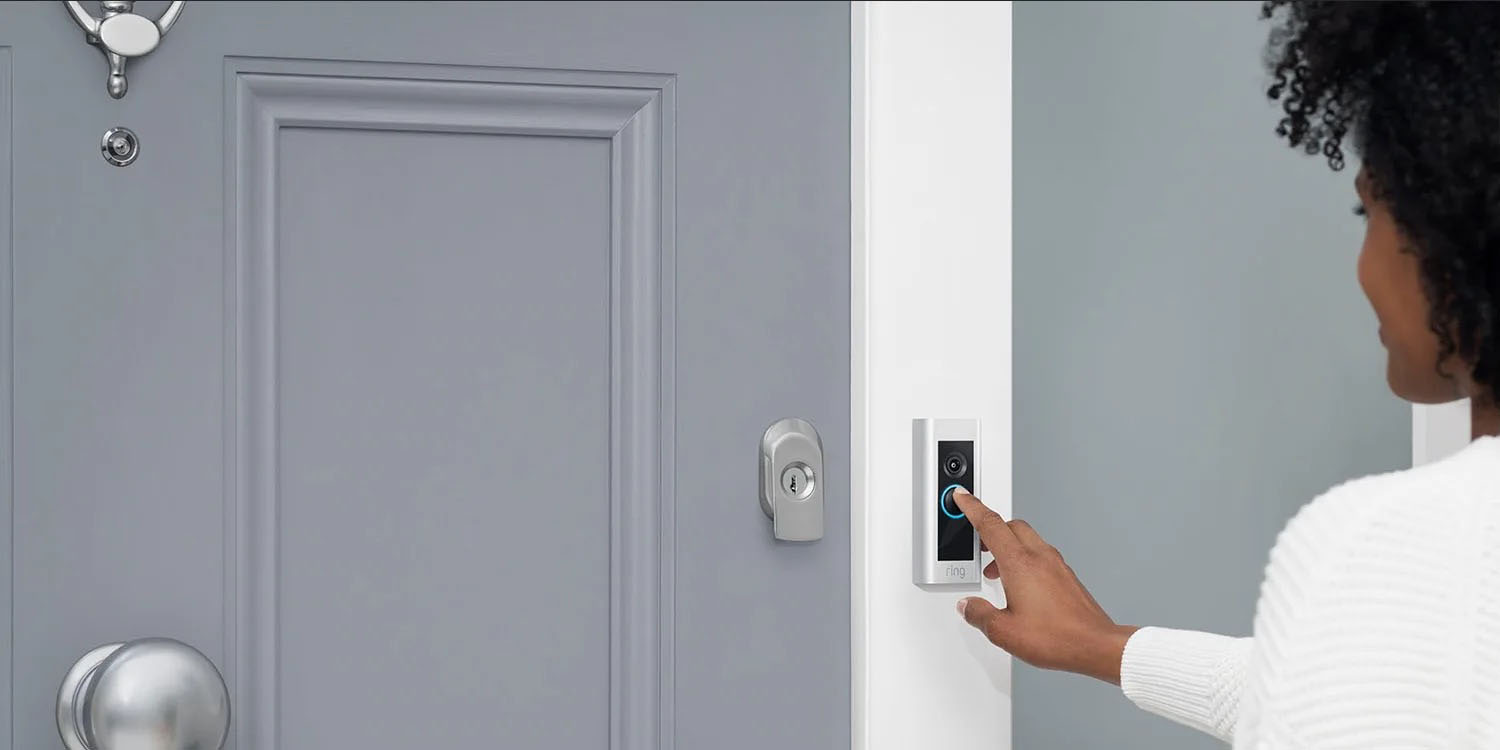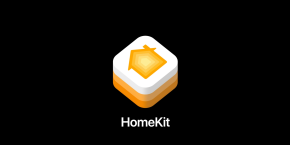
Doorbell cameras like Ring offer a number of benefits to consumers, but have also normalized home and neighborhood surveillance, says a new report. In particular, they are effectively turning customers of services like Amazon into pseudo managers of delivery workers …
Doorbell cameras offer owners a combination of security and convenience. Security, because the visible presence of cameras deters criminals, and they provide evidence when crimes do occur. Convenience because the ability to speak to visitors remotely helps in everything from asking delivery drivers to place packages in particular safe places, to seeing when a friend arrives in order to let them in using a smart lock.
But they have also turned CCTV surveillance of neighborhoods from an exception to the norm, says nonprofit social research organization Data & Society, raising privacy questions.
In particular, they have changed the relationship between e-shopping consumers and delivery drivers. People can now watch live or recorded footage of their deliveries from companies like Amazon, to see how their packages are handled, and how their property is respected.
While that might seem like a good thing, the report At the Digital Doorstep (via Vice) argues that this has effectively turned consumers into pseudo-managers of delivery workers.
The porch has become a contested space: it is at once private property and, for delivery workers, their workplace. The growing popularity of Ring and other networked doorbell cameras has normalized home and neighborhood surveillance in the name of safety and security. But for delivery drivers, this has meant their work is increasingly surveilled by doorbell cameras and supervised by customers. The result is a collision between the American ideals of private property and the business imperatives of doing a job […]
By analyzing interviews with both delivery drivers and users of doorbell cameras, this report argues that while doorbell cameras are heavily marketed and described as tools for safety and security in the home, they are also near-constant tools of workplace surveillance for delivery workers. We identify a pattern of “boss behavior,” where doorbell camera users take on actions typical of managers, using this technology to monitor, instruct, and punish delivery workers […]
We draw from ethnographic interviews with doorbell users to argue that doorbell cameras enable a new form of “boss behavior.” We show how doorbell cameras and their connected platforms facilitate the monitoring, instructing, and punishing of delivery workers. In conclusion, the doorbell camera affords customers a new form of control over a low-wage workforce, one that mirrors that of a traditional manager.
It says that video evidence of poor behavior by delivery drivers frequently results in them losing their “jobs” – or, more usually, freelance gigs. That seems perfectly reasonable in the case of workers who do things like throw packages or damage property, but the report argues that sometimes customers expect a level of service that is incompatible with the high-pressure time constraints placed on workers.
Top comment by Daveed Vandevoorde
For example, while a customer might expect a delivery worker to take the time to look for a hidden place to leave a package, then put a note through the door telling them where it is, their algorithmically managed schedule may not allow them the time to take this level of care. But customers can rate drivers on the basis of such things, which can have significant implications for the future work they are offered – or not.
Additionally, some customers shame workers by posting video footage online, on social media or on video sharing sites like YouTube.
The report says the purpose of this research is to raise questions, rather than answer them. Are we all happy to live in a world in which we may be in view of dozens of doorbell cameras as we walk down our own street? Is it reasonably for delivery workers to find themselves under almost constant video surveillance and monitoring throughout their shift?
What are your thoughts? Please let us know in the comments.
FTC: We use income earning auto affiliate links. More.




Comments